Sustainability, Free Full-Text
Por um escritor misterioso
Last updated 06 abril 2025
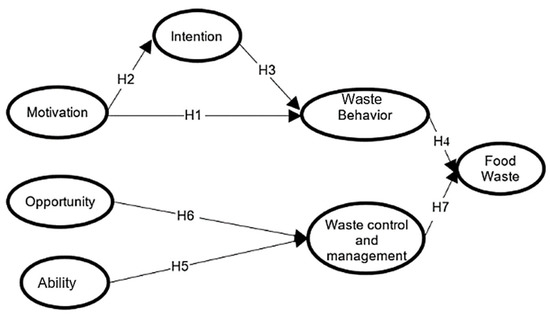
To make the activities of food service companies more sustainable, it is essential to continuously improve their production processes. Understanding which factors are associated with the phenomenon of waste, as well as how they are causally related, is essential for proposing more effective actions to mitigate it. However, the vast majority of studies consider only the analysis of behavioral factors in food waste. To fill this gap, this work evaluates the behavioral and operational dimensions of the phenomenon studied, assessing the implications of the interdependence and causality relations for the respective factors of these dimensions, bringing a broader perspective to the waste problem. The behavioral dimension is developed from the Theory of Planned Behavior (TPB) (Motivation (MO), Intention (IN), and Waste Behavior (CD)) associated with the operational aspects, which are treated in this study as Opportunity (OP), Ability (HB), and Waste Control and Management (CGD), through the use of structural equation modeling (SEM) using the partial least squares in a public food service establishment. The sample size was calculated using the GPower calculator. The composition of the sample was defined considering (i) public profile; (ii) definition of the number of indicators; and (iii) definition of the power of the statistical test and the effect of exogenous variables (f2). Contact was made by sending an email. A return of 102 respondents was obtained. A minimum value of 86 observations was necessary to achieve a statistical power of 80% to identify R2. Highlighting the participation of some indicators, Situational Factors 36%, Environmental Beliefs 29%, Health Risks 40%, Training 35%, and Technical Skills 42%, have a strong influence on the average variance extracted (AVE) in their constructs. The proposed model showed the importance of alignment between the factors of the behavioral and operational dimensions in view of improvements in production processes and reduction of waste in food service units.
Sustainability, Free Full-Text
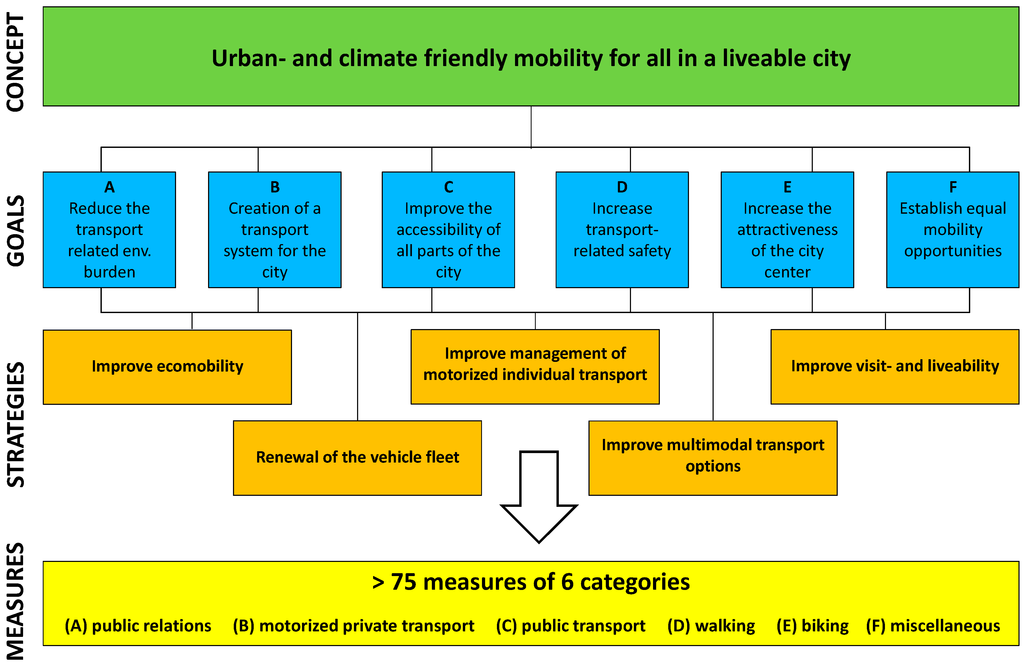
Sustainability, Free Full-Text
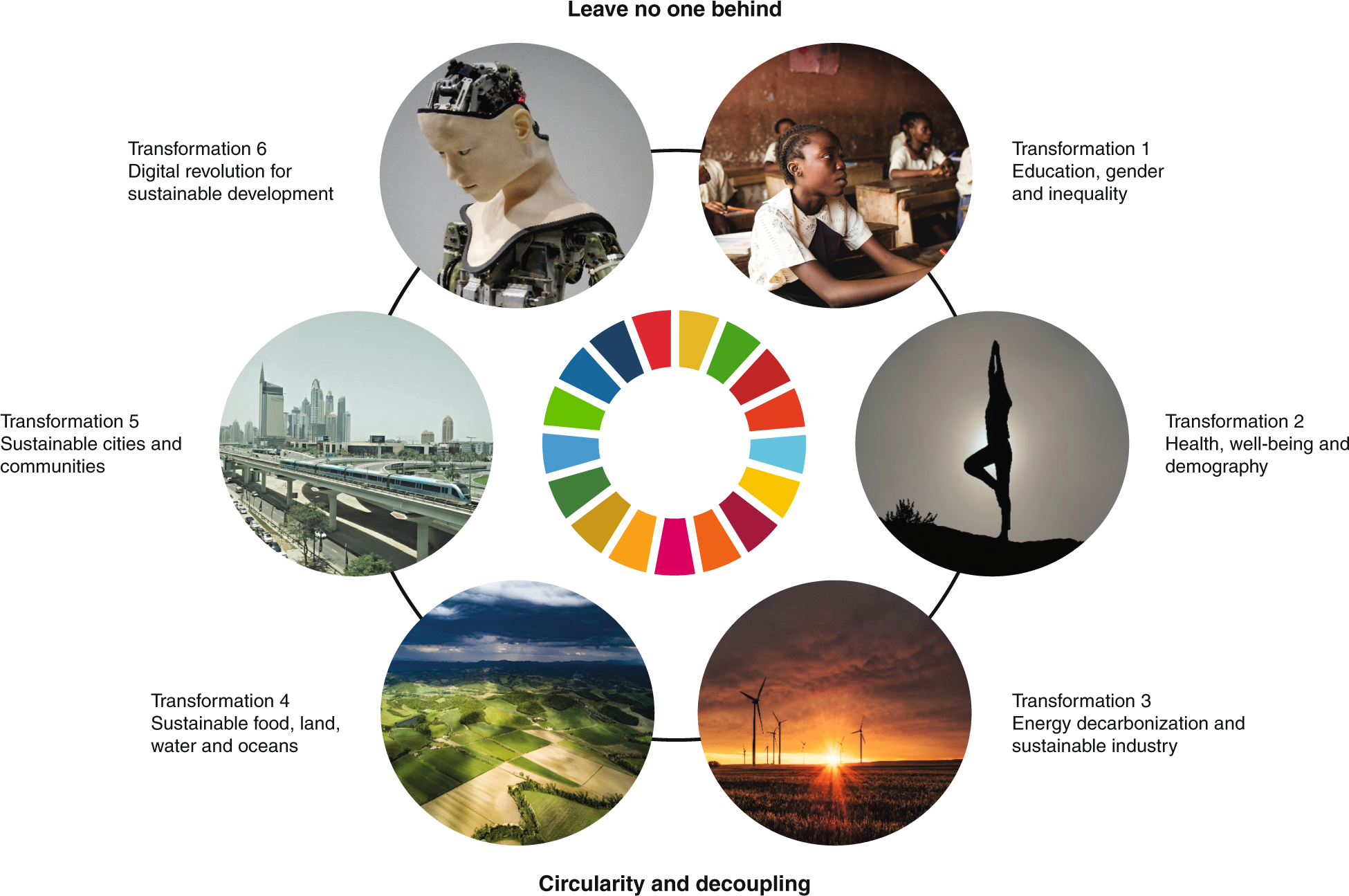
Six Transformations to achieve the Sustainable Development Goals

PDF) What is Sustainability?
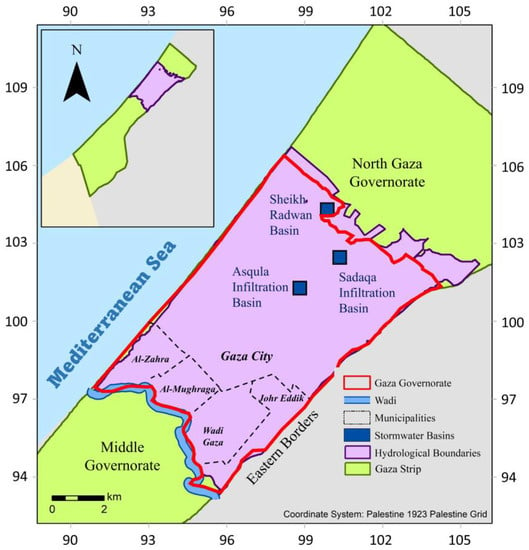
Crack Rfactor 2 Build 90 - Colaboratory
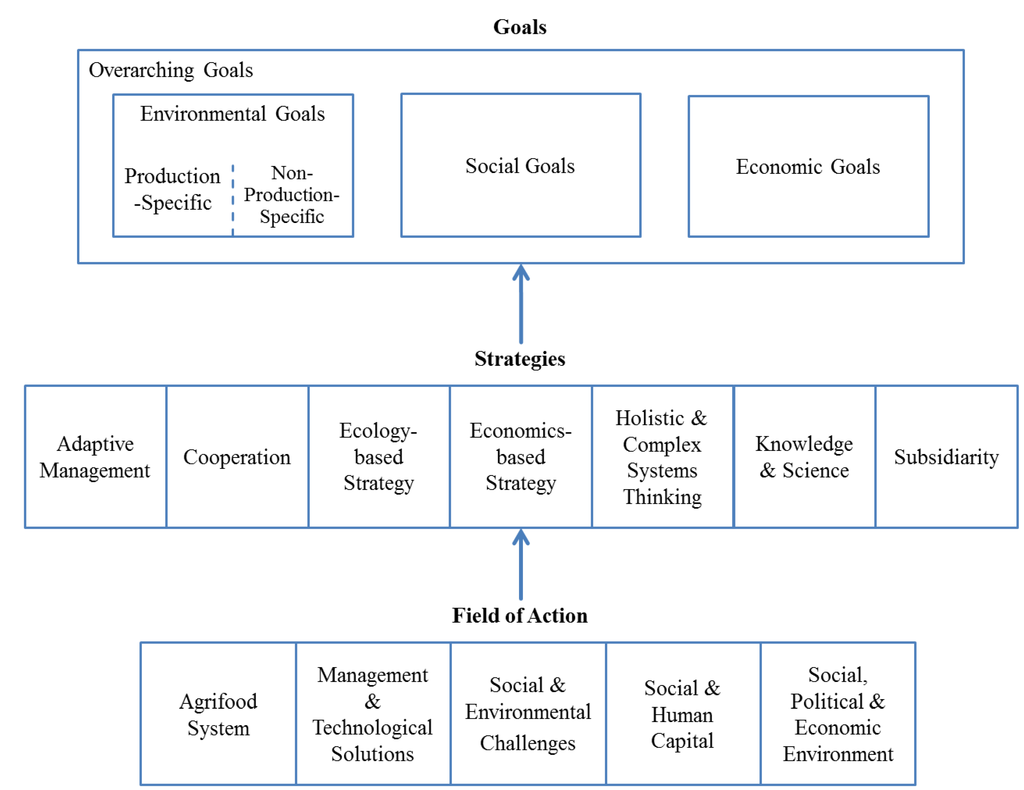
Sustainability, Free Full-Text
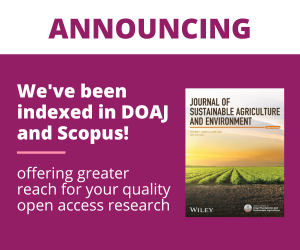
Journal of Sustainable Agriculture and Environment - Wiley Online Library
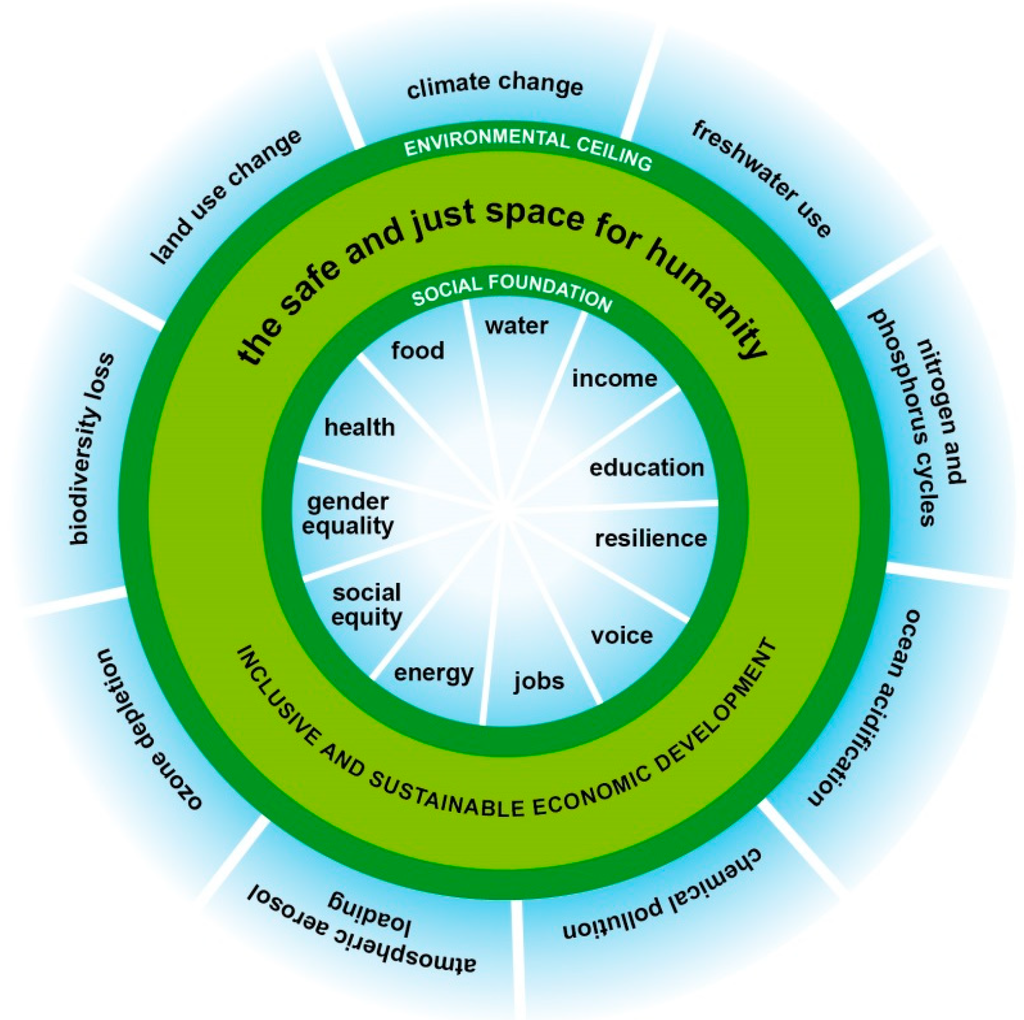
Sustainability, Free Full-Text
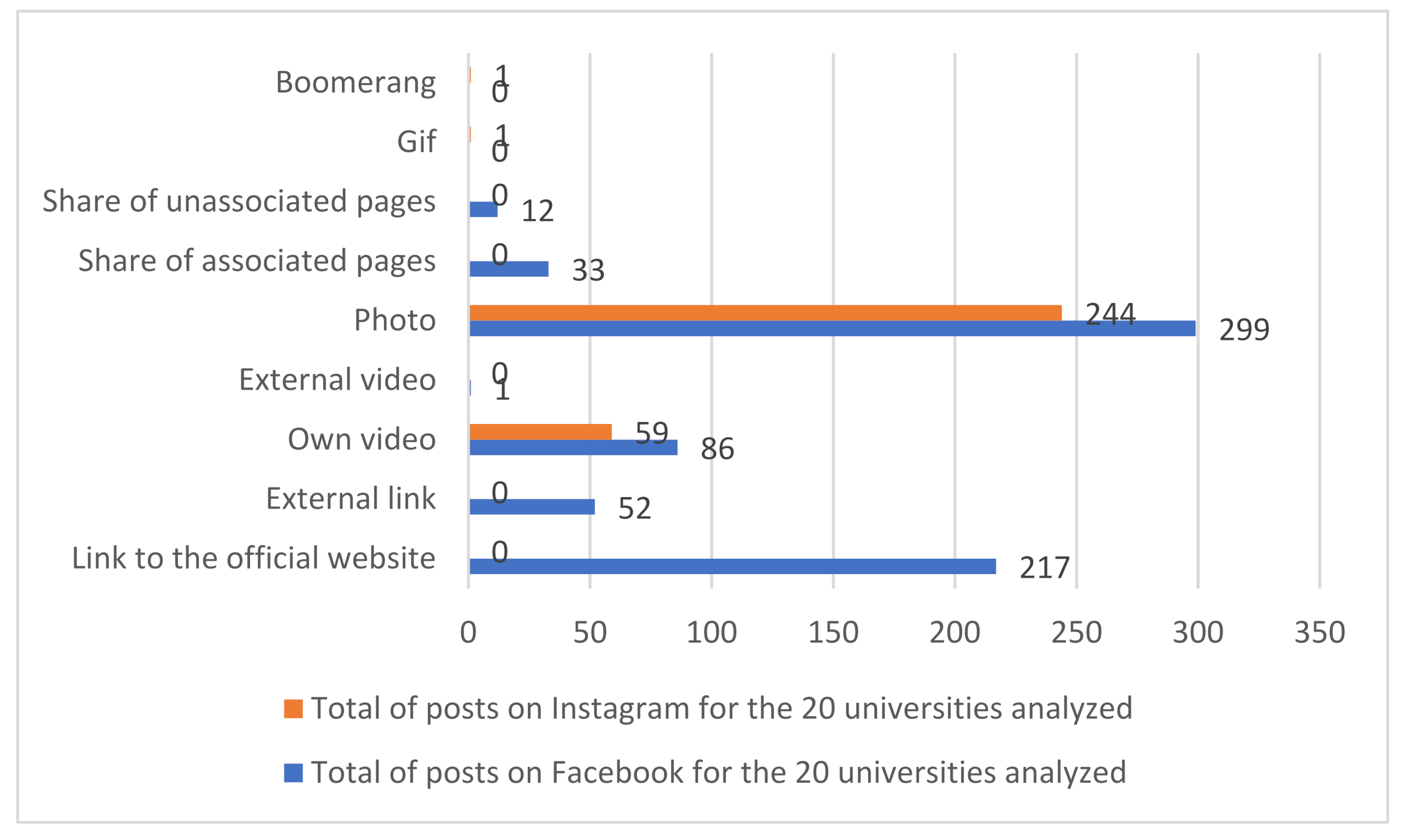
Sustainability Free Full-Text Looking For The Sustainability Messages Of European Universities' Social Media Communication During The COVID-19 Pandemic
Sustainability Word Cloud

Sustainability Keywords Stock Illustration - Download Image Now - Word Cloud, Zero Waste, Sustainable Resources - iStock
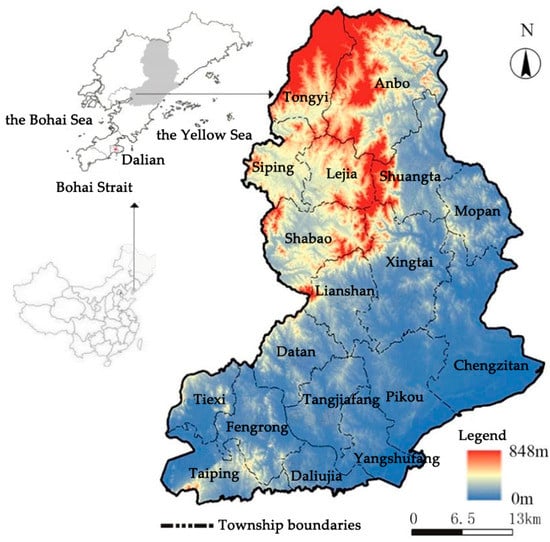
Research Into Corruption 6.5 Mega - Colaboratory

the practice of reducing disaster risk through systematic efforts to analyze and manage the causal factors of disaster is –

Impact of the COVID-19 pandemic on clean fuel programmes in India and ensuring sustainability for household energy needs - ScienceDirect
Recomendado para você
-
 Ingles bridges 8 by Editora FTD - Issuu06 abril 2025
Ingles bridges 8 by Editora FTD - Issuu06 abril 2025 -
 COMO SURGIU A EXPRESSÃO PRESS F TO PAY RESPECT (CALL OF DUTY06 abril 2025
COMO SURGIU A EXPRESSÃO PRESS F TO PAY RESPECT (CALL OF DUTY06 abril 2025 -
 iFunny Grieves Stan Lee, Press F to Pay Respects06 abril 2025
iFunny Grieves Stan Lee, Press F to Pay Respects06 abril 2025 -
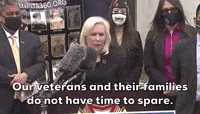 Press-f-to-pay-respects GIFs - Get the best GIF on GIPHY06 abril 2025
Press-f-to-pay-respects GIFs - Get the best GIF on GIPHY06 abril 2025 -
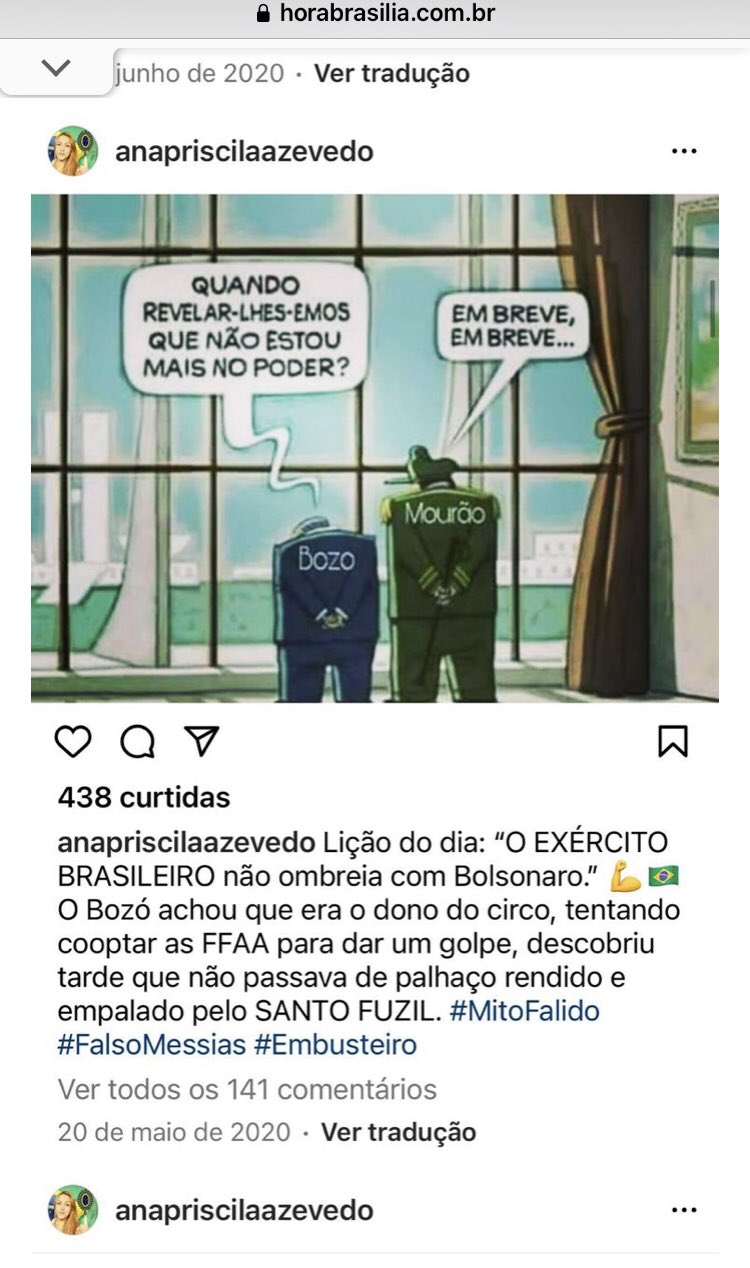 Sarita Coelho on X: Pelo que entendi das postagens aqui no06 abril 2025
Sarita Coelho on X: Pelo que entendi das postagens aqui no06 abril 2025 -
 Press F to Pay respects - Mème par Nimos :) Memedroid06 abril 2025
Press F to Pay respects - Mème par Nimos :) Memedroid06 abril 2025 -
idfc🎧 #idfc #blackbear #headphones #songedit #music #lyrics #song06 abril 2025
-
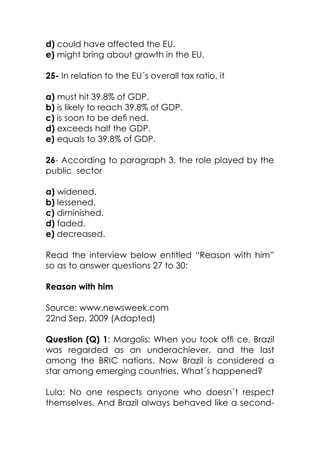 Aula 04 ingles instrumental - tradução e resolução de provas06 abril 2025
Aula 04 ingles instrumental - tradução e resolução de provas06 abril 2025 -
 Press F to pay respects是什么意思? - 知乎06 abril 2025
Press F to pay respects是什么意思? - 知乎06 abril 2025 -
 Sold at Auction: GRAVURA - BRASÃO DE ARMAS REAIS DE PORTUGAL, séc. XVIII06 abril 2025
Sold at Auction: GRAVURA - BRASÃO DE ARMAS REAIS DE PORTUGAL, séc. XVIII06 abril 2025
você pode gostar
-
Buy FIFA 23 (PS4) - PSN Account - GLOBAL - Cheap - !06 abril 2025
-
Steam Workshop::Kimi no Na wa Your Name - Mitsuha [Parallax]06 abril 2025
-
 PowerColor Announces its Radeon RX 6800 XT and RX 6800 Graphics Cards06 abril 2025
PowerColor Announces its Radeon RX 6800 XT and RX 6800 Graphics Cards06 abril 2025 -
 The Complete Series SCP Animated - Tales From The Foundation06 abril 2025
The Complete Series SCP Animated - Tales From The Foundation06 abril 2025 -
 GM lançará versões elétricas do Chevrolet Equinox e Blazer em 2023 - Olhar Digital06 abril 2025
GM lançará versões elétricas do Chevrolet Equinox e Blazer em 2023 - Olhar Digital06 abril 2025 -
 Sicilian Dragon - Chess Pathways06 abril 2025
Sicilian Dragon - Chess Pathways06 abril 2025 -
 Kinect Sports (Microsoft Xbox 360) Complete CIB06 abril 2025
Kinect Sports (Microsoft Xbox 360) Complete CIB06 abril 2025 -
 The Adorable Cat From the Halloween Google Doodle Game Has06 abril 2025
The Adorable Cat From the Halloween Google Doodle Game Has06 abril 2025 -
 Warriors Power Of Three Outcast Book06 abril 2025
Warriors Power Of Three Outcast Book06 abril 2025 -
 Gold Panning Kit - 10 Piece | Gold Mining Kit06 abril 2025
Gold Panning Kit - 10 Piece | Gold Mining Kit06 abril 2025


![Steam Workshop::Kimi no Na wa Your Name - Mitsuha [Parallax]](https://steamuserimages-a.akamaihd.net/ugc/1584659528211365289/69FD9A6B472C49BE41E85D02ACD0C32360ED16A8/?imw=637&imh=358&ima=fit&impolicy=Letterbox&imcolor=%23000000&letterbox=true)